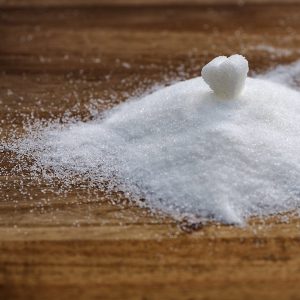Many “fat burners” and other products claim to increase fat oxidation to help you lose fat. While it may be true that there is evidence that the “fat burner” in question could increase your fat oxidation (oxidation is the scientific term for “burning”), it usually is only in small and practically irrelevant amounts. In addition, a higher fat oxidation doesn’t necessarily mean that you will end up with less fat on your body.
One must remember that the mass of fat on your body is reduced by fat oxidation but also increased by fat storage. Even if you maximize your fat oxidation, having a higher fat storage will still leave you gaining fat. An example of where this is misleading is the popular LCHF diet which claims to increase your fat oxidation and this is true, but what the preachers of this diet forget to mention is that the increased fat oxidation is simply due to increased fat storage as you are eating more fat.
The basic principle is that the body will store what you eat (be it carbs stored as glycogen or fats stored under your skin) and will “burn” more of the type of energy mostly available; fat or carbs. The takeaway is that your body is smarter than you think and that it doesn’t really matter if you eat more carbs or fats the long term balance of your body’s fat and glycogen stores will balance out! Even if you do low intensity cardio which burns proportionately more fat during your workout, your body will balance this by burning more carbs and less fat throughout the day after your workout! In the end, fat stores can only really be reduced long term by being in a caloric deficit!
If you want to learn more about how to diet from a scientific perspective, you need to read our e-Book Diet Like A Doctor.
Source:
1. Melanson EL. When energy balance is maintained, exercise does not induce negative fat balance in lean sedentary, obese sedentary, or lean endurance-trained individuals. J Appl Physiol (1985). 2009 Dec;107(6):1847-56.




